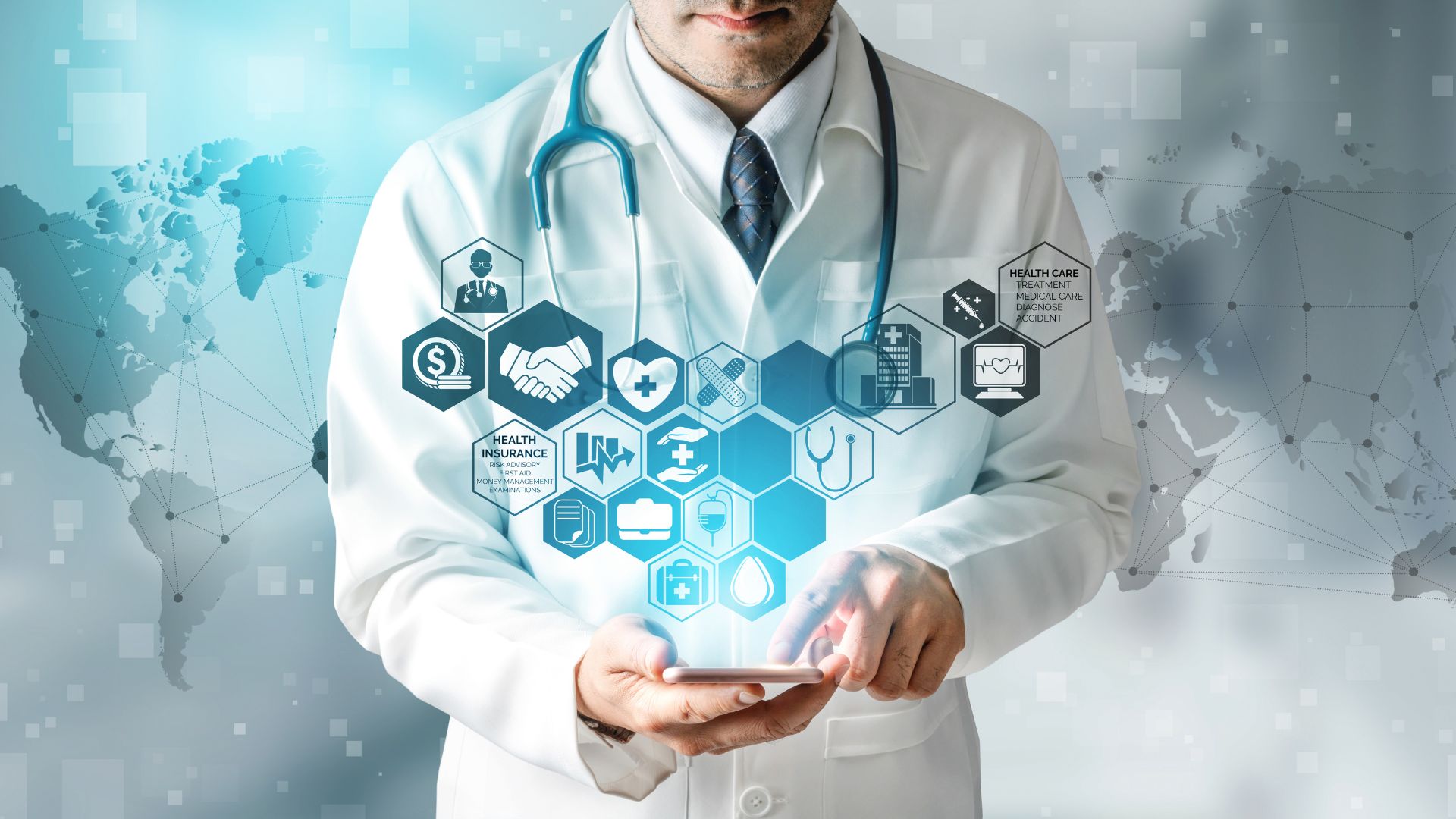The advent of automation has revolutionized several industries, including healthcare.
Automation in Healthcare — What Does That Mean?
Automation in healthcare refers to the use of technology to streamline and optimize various healthcare processes. This can include using robotic process automation (RPA), artificial intelligence (AI), machine learning (ML), and other technologies to automate tasks and workflows that are currently performed manually by healthcare professionals.
It involves the use of technology to automate and streamline processes such as patient data management, medical diagnosis, treatment planning, and drug delivery. The global healthcare automation industry is indeed experiencing growth, driven in part by the increasing demand for process automation and data centralization
Automation can help healthcare services in several ways, including:
• Improved Efficiency: Automation can help healthcare services operate more efficiently by reducing the time taken for manual tasks such as data entry, paperwork, and appointment scheduling. This can help healthcare professionals to focus more on patient care and other tasks that require human skills.
• Enhanced Patient Care: Automation can also help to improve patient care by reducing errors and improving patient safety. For example, automated medication management systems can help to reduce the risk of medication errors, while automated patient monitoring systems can help to identify potential health problems early on.
• Cost Savings: Automation can help healthcare services to save money by improving efficiency and reducing the need for manual labor. This can be achieved through automation of processes such as billing and claims processing, which can help to reduce errors and improve the speed of reimbursement.
• Improved Data Analysis: Automation can help healthcare services to analyze patient data more effectively by automating the collection and analysis of data. This can help to identify patterns and trends in patient health and in developing more effective treatments and therapies.
• Increased Access to Healthcare: Automation can help to increase access to healthcare services by enabling remote consultations and telemedicine. This can be especially beneficial for patients who are unable to travel to a healthcare facility.
Healthcare automation can help patients in several ways, including:
• Improved Access to Care: Automation can help to increase access to care for patients by enabling remote consultations and telemedicine. Patients who live in remote or rural areas can benefit from these services, as well as patients who have mobility issues or disabilities that make it difficult for them to travel to a healthcare facility.
• Improved Efficiency: Automation can help to improve the efficiency of healthcare services, which can result in shorter wait times for patients and faster diagnosis and treatment. For example, automated appointment scheduling systems can help to reduce wait times and ensure that patients are seen in a timely manner.
• Improved Patient Safety: Automation can help to improve patient safety by reducing the risk of medication errors and other mistakes that can occur when manual processes are used. For example, automated medication management systems can help to ensure that patients receive the correct dosage of medication at the correct time.
• Improved Patient Experience: Automation can help to improve the patient experience by reducing the amount of paperwork and administrative tasks that patients need to complete, as well as by reducing wait times and improving the speed of diagnosis and treatment.
• Personalized Care: Automation can help to personalize care by enabling the analysis of large amounts of patient data, which can help to identify patterns and trends in patient health. This can help healthcare providers to develop more personalized treatment plans that are tailored to the needs of individual patients.
Conclusion
As the demand for healthcare services continues to rise, the implementation of health automation can free up doctors’ time, allowing them to focus more on patients. This can lead to better and more timely services being provided. Overall, there are many benefits to healthcare automation, and patients are likely to see the most significant advantages.
Vhigna is dedicated to enhancing the efficiency of healthcare professionals and patients alike. Our solutions include streamlining patient scheduling and billing processes, as well as minimizing the potential for errors. The significance of healthcare automation cannot be overstated, and we are committed to improving your healthcare statistics through our services. Contact us today to learn more about how we can help you optimize your healthcare practices.




